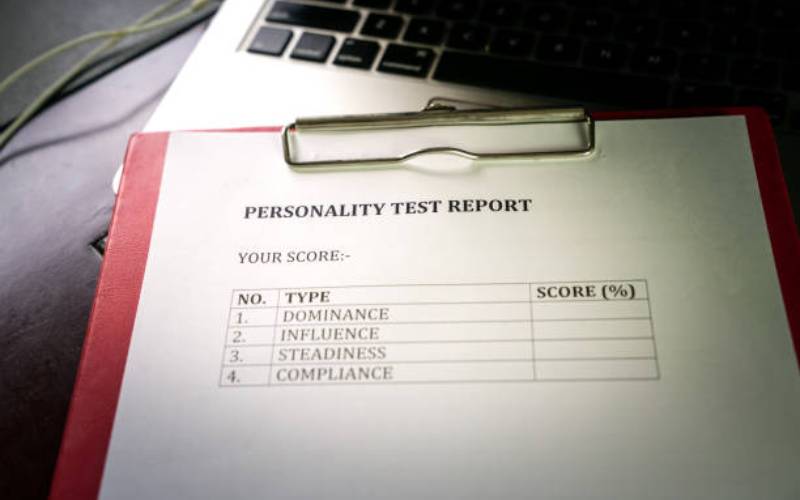×
The Standard e-Paper
Home To Bold Columnists

A pre-employment personality test is given to job applicants to identify relevant personality traits required for a particular job or role.
It helps in assessing behavioural traits, determining interests and assists recruiters in filtering candidates whose personalities and attitudes do not meet requirements.